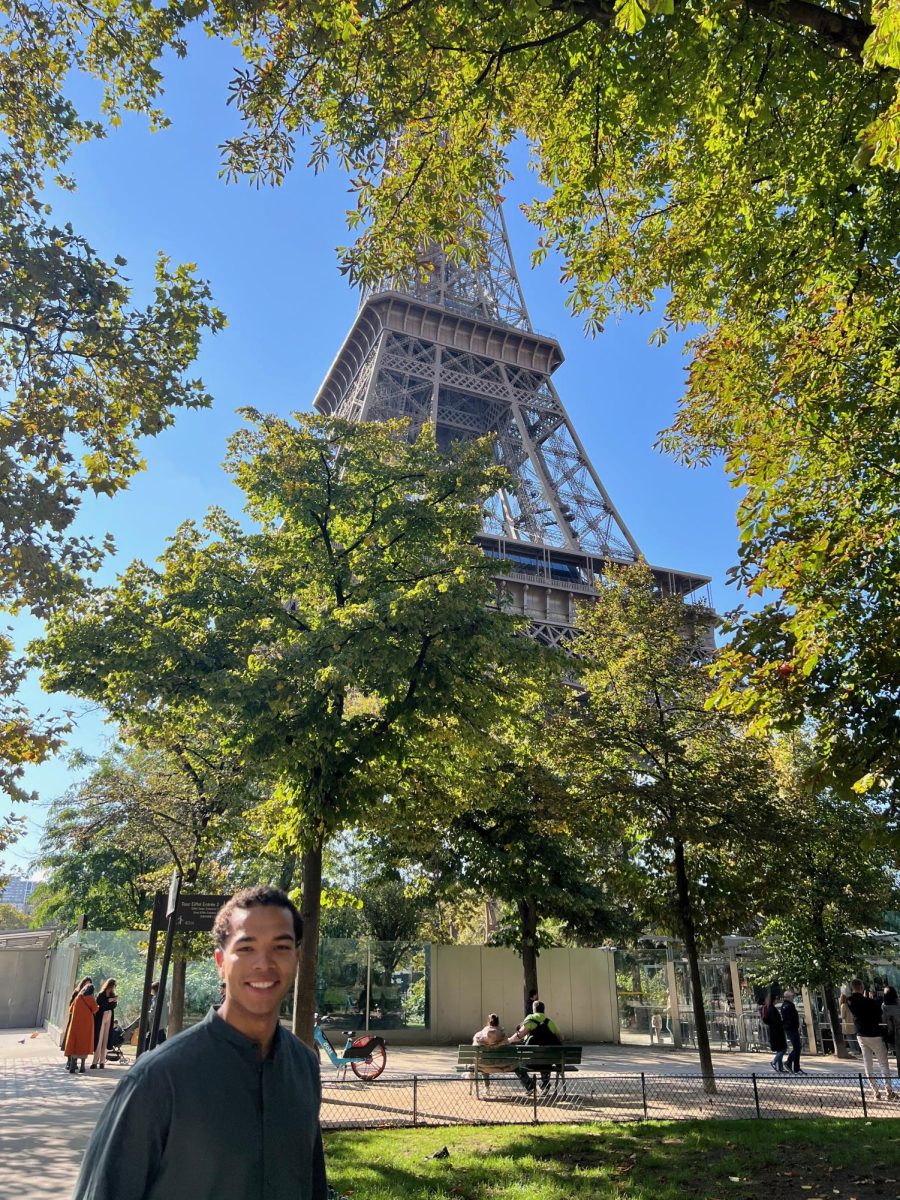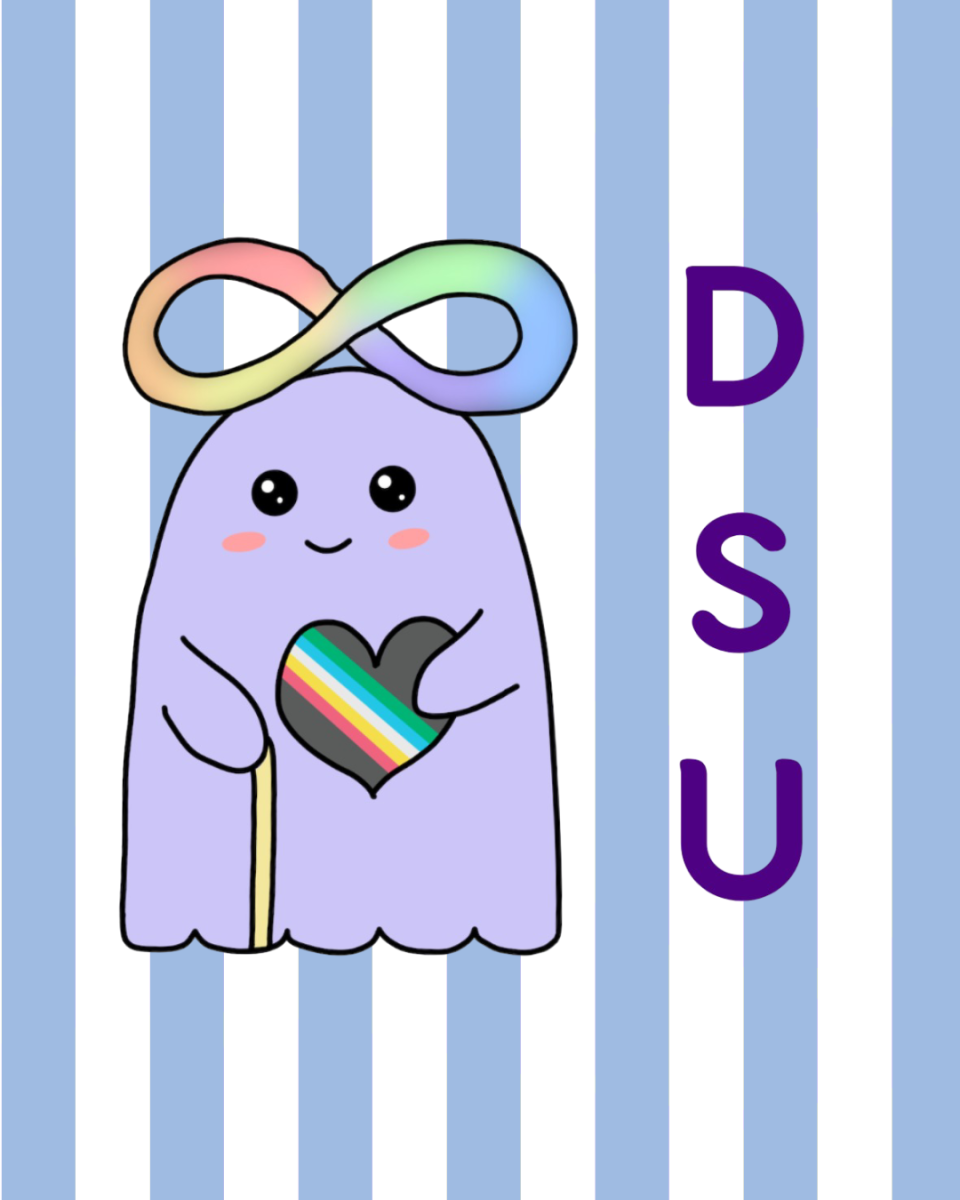
Millions of voters in the United States have already cast or made plans to cast their ballots for next week’s fast-approaching presidential election. Some of the 8 percent of students at the College who are international won’t be able to do so. In interviews with the Record, they discussed the ways they believe the presidential election will affect them, conversations they’ve had with their peers about political engagement, and the differences between the American political system and those of their home countries.
Wajdi Maaloul ’27, an international student from Tunisia, told the Record that, though he is not from the United States, he still feels implicated in American politics. “They have an impact on us as internationals because immigration policies affect us,” he said. “Especially under the Trump administration, COVID-era policies limited entry, making it harder for international students like me to stay in the country.”
Though he’s “pretty optimistic” about the outcome of the election, he noted that he was concerned about Project 2025 — policy proposals designed by the Heritage Foundation, a conservative think tank — which he said might jeopardize his immigration status if enacted.
As such, he said he has felt a responsibility to encourage others to vote during this election cycle — even if he cannot cast a ballot himself.
Talia Robertson-Jones ’27, who has lived in several countries, including the United Kingdom, India, China, and Latvia, is now registered to vote in Massachusetts — but she still feels like an outsider when casting her ballot, she said.
“[My friends] know so much more about previous policies for Democrats and Republicans and congressional districts and what decisions have been made in the last couple years,” she said. “[Being international] does give me a new perspective — but it’s not a perspective that I feel is particularly applicable to a domestic or a presidential election here.”
As she has tried to learn more about American politics, she added, she’s faced stark polarization. “I’m trying to ask people I know about their political opinions,” she said. “Personal identities are wrapped up in political affiliation, which makes them harder to talk about.”
“I feel like I can’t quite ask political questions of other people like I could everywhere else I’ve lived, where politics were more about policy than anything else,” Robertson-Jones continued.
Sienna Ji ’27 was born in China, moved to Canada in middle school, and now lives just outside of Vancouver, on the border with the United States. This proximity, she said, increases the stakes for issues in American politics that are important to her, such as abortion rights.
Ji comes from what she described as a “conservative Christian East Asian household,” and abortion was scrutinized by her church at home — a stance with which she strongly disagrees.
She believes reproductive rights are an essential issue in this year’s presidential election — especially following the 2022 Dobbs v. Jackson Women’s Health Organization Supreme Court decision, which ruled that there is not a constitutional right to abortion, she said. Although she can not vote in the U.S., she is still advocating for abortion initiatives through donations and by serving as a resource for those in her church community.
Ji said she also engages with Canadian politics, which have become increasingly fraught as the cost of living has risen under Prime Minister Justin Trudeau’s administration. She said she’s excited to vote in the Canadian elections for the first time next May.
Aarju Poudel ’27, who is from Nepal, said she feels especially invested in the U.S. election because of the country’s standing on the world stage. “Nepal and the United States have several agreements,” she said, referencing the Millennium Challenge Corporation Nepal Compact, which provides aid to Nepal’s economy and transportation systems. “Who the U.S. president is matters to us.”
Poudel said that the electoral process in Nepal differs greatly from that of the United States — they are conducted only on paper with no formalized debates between politicians.
In the 2022 Nepali election, paper ballots were torn after the 2015 constitutional reform. Poudel told the Record that she fears that democratic processes are in danger around the world. “[My friends] shared similar stories that they had back in their countries — obviously the details of the story are different, the ways in which the [government] system functions — [but] we see similarities,” she said.
Ultimately, her future, like that of her peers, is at stake in this election. “Whoever ends up winning directly impacts me being here, me staying here,” Poudel said.








